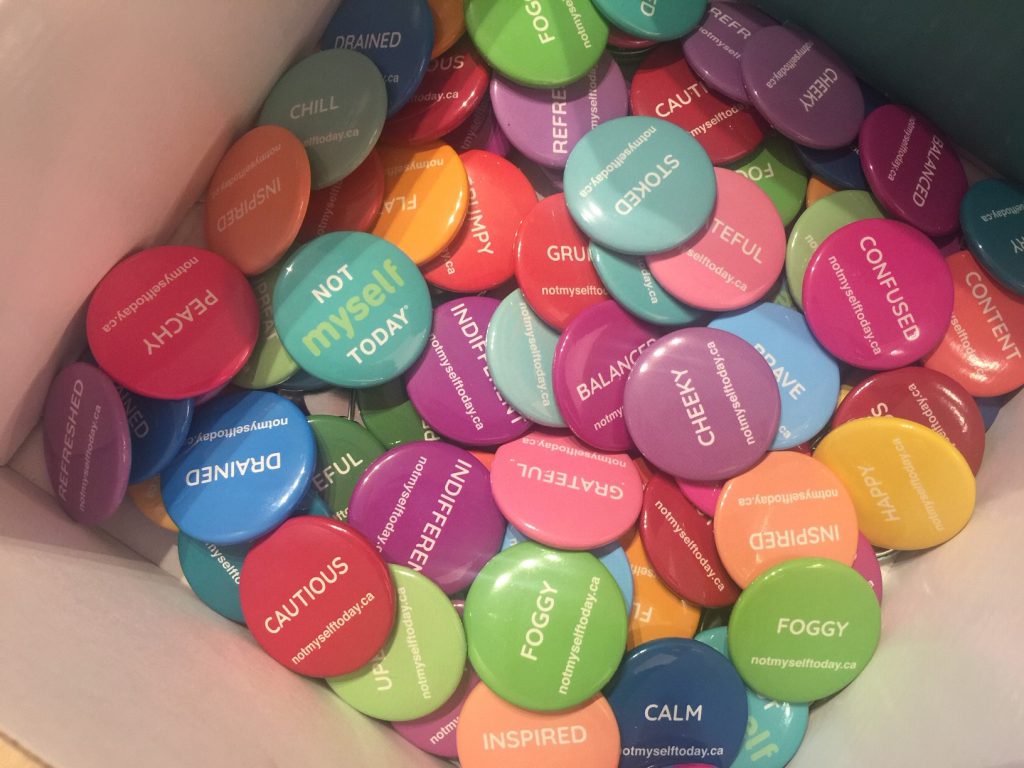BlueCat Named on 2019 List of Best Workplaces for Mental Wellness
Last updated: March 24, 2025

Published on: May 22, 2019

Jadecy Kidane is the Marketing Content Manager at BlueCat.
Related content

Blog
Unlock DNS Redundancy with BlueCat Micetro’s xDNS
Discover how BlueCat Micetro’s xDNS Redundancy simplifies hybrid cloud DNS management, providing seamless redundancy, robust protection against DNS…

Blog
Three technical reasons to let go of legacy tools and unify your DDI
Learn with BlueCat how security by design, cloud integration, and API programmability offer three technical reasons to adopt Unified DDI.

Blog
Combine BlueCat Integrity with LiveAction network observability for total awareness
Shift to proactive, intelligent network operations when you combine a DDI foundation with network performance monitoring solutions.

Blog
Micetro simplifies hybrid cloud DNS and IP address management
Learn how Micetro can help you simplify and streamline DNS and IP address management across hybrid and multicloud environments.